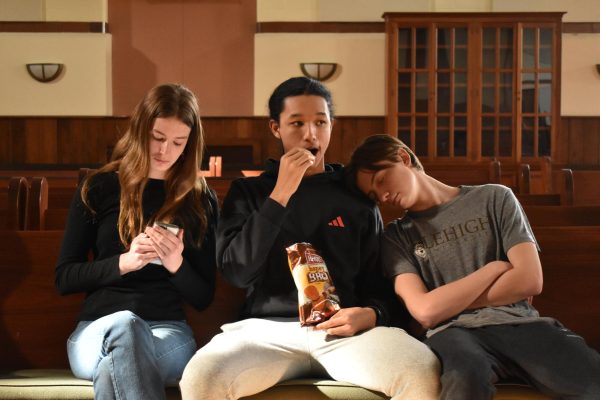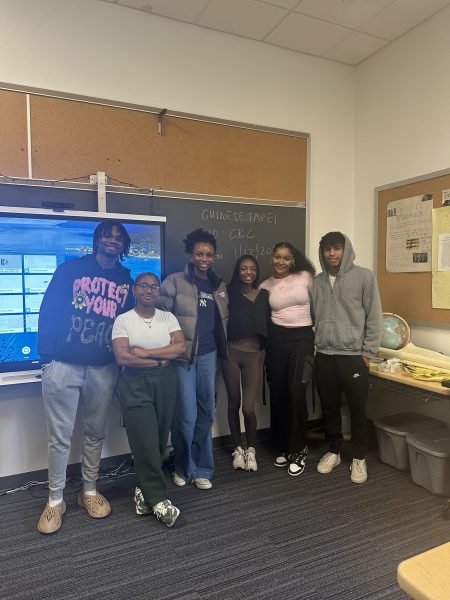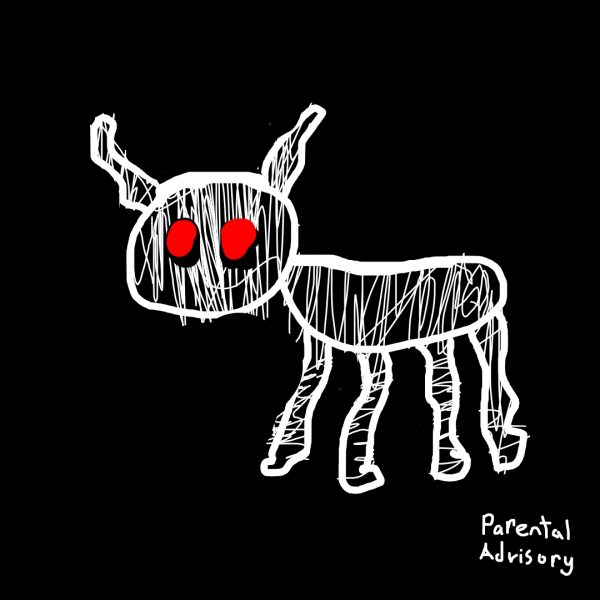1/7 – Charlie Hebdo and France’s 9/11
February 2015
“We are a free people who do not give in to pressure, who are not afraid, because we embody an ideal which is greater than us, and we are able to defend it in every place where peace is threatened.” It was with these words that the French president, François Hollande consoled the French people after the terrorist attacks in Paris that rocked the country earlier this week. The attack itself claimed the lives of 17 people, among them cultural icons Jean Cabut, Philippe Honoré, and Georges Wolinski, men whose satirical cartoons brought information to the world. While the impact of these acts of terror on us in the United States remains unclear, it has already profoundly affected France.
Many have made comparisons between the events in France and the attack on the World Trade Center on September 11th, 2001. Although the death toll is certainly much lower, I find this is a very fitting comparison. One of the reasons the United States was hit so hard by 9/11 was that it was the first time Americans had seen a terrorist attack of this magnitude in their own country. Similarly the French government has classified this as the deadliest terror attack within France since 1961. Another large reason for 9/11’s profound impact was location. New York, with its skyscrapers, and busy streets, is such a symbol of American greatness. Paris carries even more significance to the French than New York does to us, because the city is the heart of the country. France has always been a very centralized country and therefore everything runs through Paris. It is nearly impossible to find a Frenchman who has never been there, and many visit regularly for business, or to see family. In this way, the terrorists could not have picked a target that hit closer to home.
This is not to say there aren’t some significant differences in the nature of these two terrorist attacks. The gunmen in Paris specifically targeted the writers of Charlie Hebdo, wanting to silence the magazine. Their motive was revenge for what they saw as blasphemous depictions of the prophet Mohammed that have appeared repeatedly over the last few years. Their focus was narrow, and their intent was not to harm thousands, but in killing the few they did, they harmed millions across the globe. I’m not just talking about the 50,000 readers who bought the magazine weekly, but the millions who had grown up with these cartoonists and who were influenced by the cultural icon Charlie Hebdo has become. The day of the shooting, I quickly saw this quote appear all over the internet “17 dead, 66 million wounded.”
Something radically different about France is its large minority Muslim population. Due to its colonial past, Muslims can be found in every part of the country. Last year, when I attended a local public school, easily one third of my class identified themselves as practicing Muslims. Unfortunately many of these immigrants have a very hard time integrating into French society and since this recent attack was carried out by Muslim extremists, they have felt they are being wrongly blamed for the actions of a few. Since 9/11 many Muslim-Americans have felt this same blame, but while they represent merely 0.6% of the population, in France they are 10% and rising.
We all know what our nation’s reaction was to the terrorist attacks on 9/11: war. The goal of these invasions was retaliation against the terrorists who had provoked us and dismantle the totalitarian regimes assisting them. After more than 10 years of costly fighting, we have seen little to no success on the first of these two aims. With the recent rise to power of ISIS we have even seen the prospect of the second goal being undone.
France now stands where we stood in 2001, after weeks of grieving, solidarity marches, and a steady increase in security measures, Hollande must decide what his next step will be. We can only hope that in the coming days the French people do not lead their country down the same road we lead ours.





































